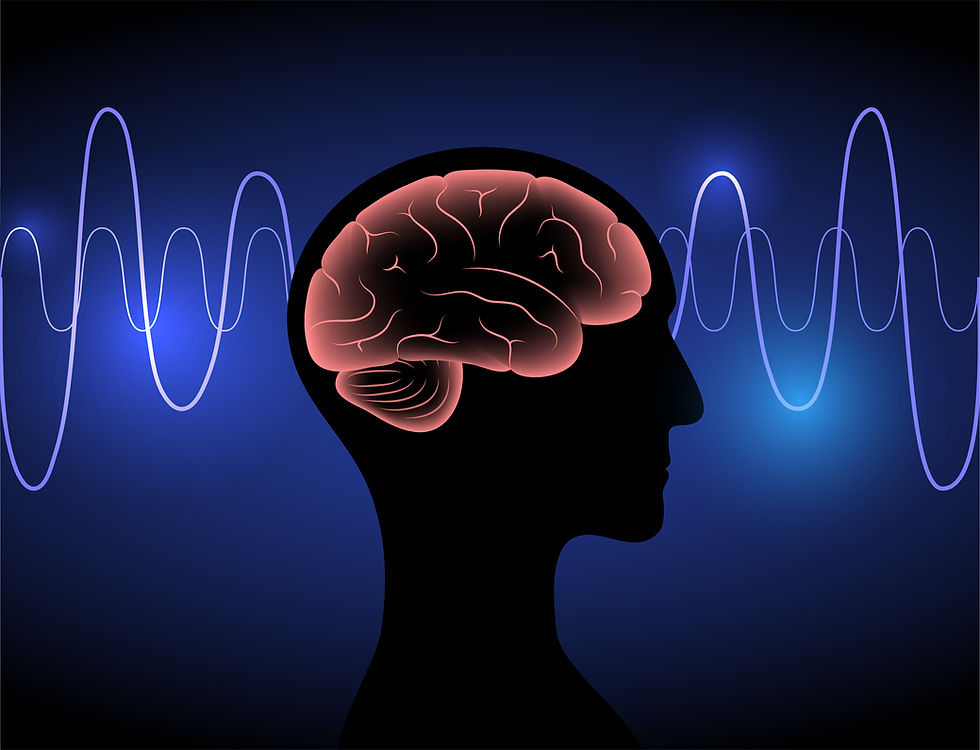Parkinson's Disease Treatment
- Neurofeedback Counseling of PA
- Nov 19, 2015
- 1 min read
Updated: Mar 21, 2025
Written by: Amanda Levison, M.S., LMHC, LPC, CCBT
Parkinson's disease is a progressive disorder of the nervous system that affects movement. It develops gradually, sometimes starting with a barely noticeable tremor in just one hand. It also commonly causes stiffness or slowing of movement. A person's speech may become soft of slurred in the early stages and then worsen as the condition progresses. Parkinson's disease cannot be cured, but medications have been shown to improve symptoms. Doctors may also suggest surgery to regulate certain regions of the brain to improve symptoms.
Recent studies have shown that neurofeedback can improve symptoms of Parkinson's disease as well. This can be compared to having a personal trainer for your brain. During a neurofeedback session, an EEG monitor tracks a person's brain waves as they watch a movie or "play" a video game with their brain. The therapy helps to retrain, strengthen, and calm the brain. Deep brain stimulation, helps to alleviate problems with movement experienced by people with Parkinson's disease. Sending signals to brain areas that are normally deprived of input could be reshaping neural networks (Hamzelou, 2011). Patients can learn to retrain their brain to respond to certain activities. The patients may learn how to alter activities in order to make them successful, especially if they involve motor function. While this may not be a cure for this debilitating condition, it can help to alleviate symptoms and improve the quality of life.
Hamzelou, J. (2011). Mind control can help Parkinson's. New Scientist, 212(2838), 20-25.




Comments